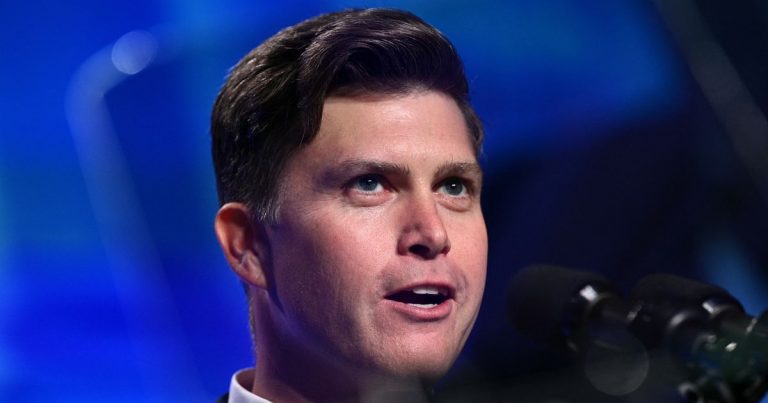Lessons from Kamala Harris’ 2020 Campaign
As the aftermath of President Joe Biden’s lackluster debate performance continues to ripple across political circles, discussions about his future on the Democratic ticket are gaining momentum. Reports indicate that Biden is working to demonstrate his capabilities, with an upcoming interview on ABC News as part of that effort. However, speculation about what might happen if Biden steps down has shifted attention towards Vice President Kamala Harris.
Harris emerges as a leading candidate to succeed Biden, given her high profile and experience serving alongside him. With access to the Biden-Harris campaign resources, she holds a strategic advantage in any potential leadership transition within the Democratic Party. Despite lingering doubts about her leadership abilities and policy convictions, Harris remains a formidable figure in the party.
Criticism of Harris stems partly from her performance during the 2020 Democratic primary campaign, particularly regarding healthcare policy. At a crucial moment in that race, Harris faced backlash for her nuanced approach to Medicare for All, a contentious issue among party members. While her stance drew both praise and condemnation, it showcased a politician navigating complex policy terrain in a charged political climate.
The Healthcare Debate
The debate over healthcare policy during the 2020 campaign reflected broader ideological divisions within the Democratic Party. Harris, aligning with Senator Bernie Sanders on Medicare for All, presented a modified version of the proposal that emphasized a gradual transition and retained a role for private insurers. This deviation from Sanders’ more radical plan triggered backlash from both progressive and moderate camps.
Harris’ struggle to articulate a clear position on abolishing private insurance underscored perceptions of her wavering convictions and policy expertise. Her attempt to strike a balance between progressive demands for systemic change and moderate concerns about disrupting existing healthcare arrangements left her vulnerable to criticism from all sides.
A Quest for Middle Ground
Harris, like Senator Elizabeth Warren, found herself caught between the competing visions of Sanders and Biden on healthcare reform. Her effort to forge a compromise solution, while pragmatic in theory, proved challenging in practice due to the polarized nature of the Democratic primary electorate. Seeking a middle ground on such a contentious issue ultimately alienated some supporters without winning over skeptics.
Proponents of a more incremental approach to healthcare reform argue that Harris’ proposal offered a realistic path forward, considering the political and practical obstacles to swift, far-reaching change. Advocates for Medicare for All acknowledge the difficulties of implementing such a system and emphasize the need for careful navigation of complex healthcare dynamics.
Reflections on Harris
Despite the criticisms leveled at Harris for her handling of healthcare policy, supporters point to her unwavering commitment to defending the Affordable Care Act and advocating for healthcare access. Harris’ early involvement in fighting for healthcare protections post-Trump era highlights her dedication to key issues affecting Americans.
As the conversation around Harris’ potential presidential candidacy unfolds, it is essential to consider the evolving nature of her political identity. Harris’ willingness to challenge conventional wisdom and explore new policy approaches reflects a candidate unafraid to push boundaries and embrace innovative solutions.
In assessing Harris’ candidacy, it is crucial to look beyond past missteps and focus on her broader vision for the country. With the political landscape constantly shifting, Harris’ adaptability and resilience may prove invaluable in navigating the complex challenges ahead.








